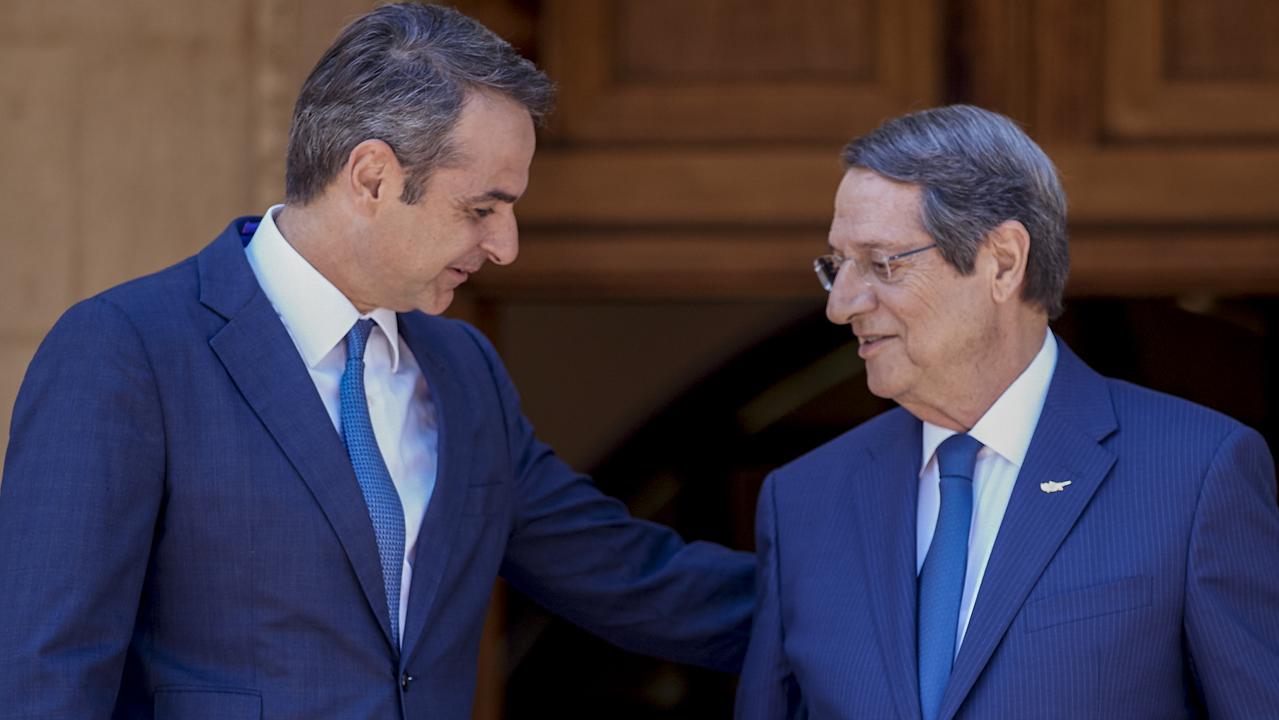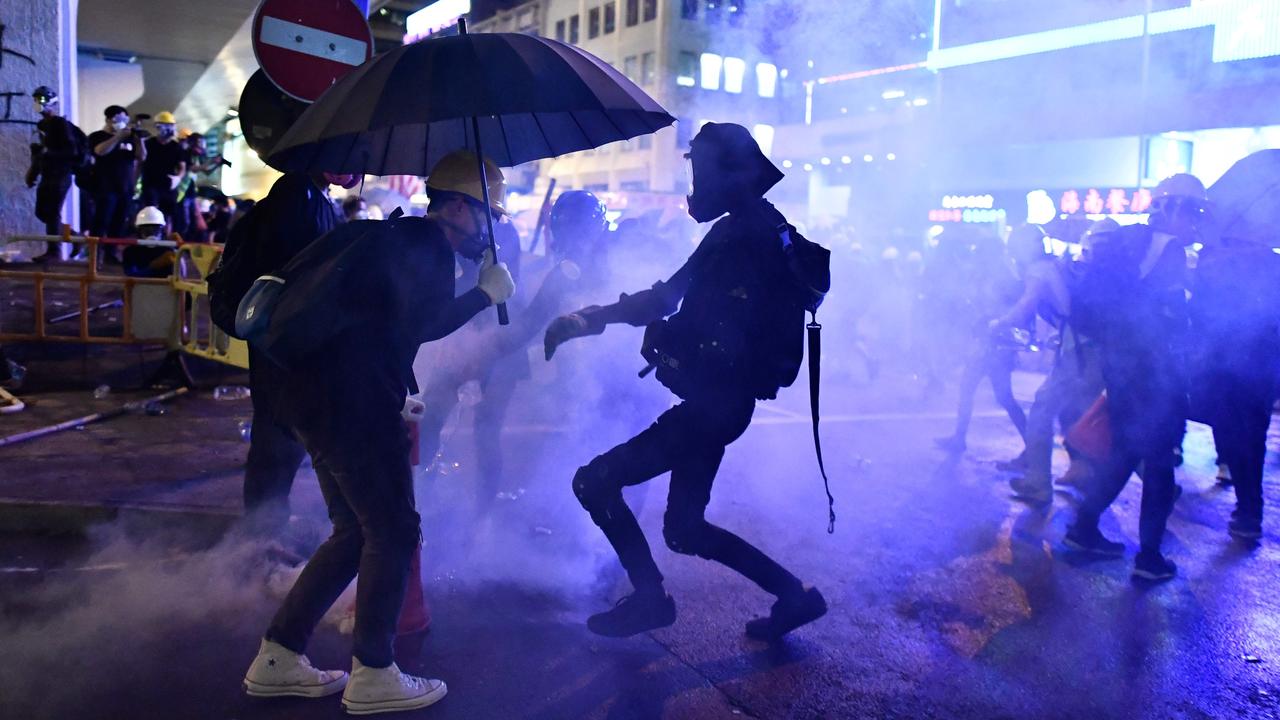Muammar Gaddafi and Bashar al-Assad show obscene lack of care

It was particularly satisfying to see, in the filling of Green Square in Tripoli and the over-running of the vulgar Xanadu of Muammar Gaddafi's so-called private "compound", the use as real space of areas that had hitherto been reserved for that special kind of degradation and humiliation - the rally for The Leader.
Picture four decades in which compulsory attendance at such a ritual - kissing your owner's feet and shouting his praises in unison - was a major cultural activity. So addicted was Gaddafi to this sadomasochistic enactment that he, and his ghastly sons, continued it until the very last minutes. So, of course, did Saddam Hussein. So, as we speak, does Syria's Bashar al-Assad.
In the nightmare state so cherished by such fantasy rulers, mere acquiescence or subjection is not enough. You must become a full participant in your own oppression, and find it in yourself to adore the collectivisation of compulsory enthusiasm.
New and adapted versions of, say, the old Egyptian regime are imaginable. But the collapse of the Gaddafi system is necessarily absolute and complete. It is symbolised precisely by the tearing down and tearing up of the statues and posters, all showing The Leader in the various uniforms and regalias he has designed for himself over the years.
For the rest, an unpunctuated record of cultural annihilation and the obliteration of any concept of autonomous or independent institutions. I tried to point it out in the very first weeks of the meltdown: a hugely wealthy country with a very small population, and look at their teeth! Their clothes! This pathetic poverty and mediocrity, when contrasted afresh with the contents of Gaddafi's dress-up chest and nexus of palazzi, has now combined with the memory of powerlessness and forced complicity to produce a real sense of revulsion and fury (which is surely healthy) with a gnawing sense of wasted years and of having discovered courage rather late (which can be less than conducive to nation-building).
The fact is, though, that it did give huge numbers of Libyans a chance to participate in a protracted, rolling, spontaneous process.
Probably there have been as many participants as spectators attending the open-air school of revolution. Some smart commentators believe that this extension of mass participation was a good thing, tempering the opposition forces with day-to-day responsibility and teaching different factions and clans the importance of working together: a baptism that would have been denied them if NATO forces had simply moved in and finished Gaddafi with a few hard blows.
On this estimate, US President Barack Obama's much-taunted "leading from behind" strategy had at least one useful unintended consequence, involving new areas and sectors in the business of transition. Against that must be set the prolonged shutdown of the economy, the increased opportunities for looting, and the mind-boggling informal dissemination of weapons and ammunition. Either way, it is sobering to be starting with such a pitiless 42-year tabula rasa.
There is another even more serious aspect to the Gaddafi family's obscene decision to keep their regime-spectacle going until the last possible moment, regardless of any cost in blood or treasure. Former Egyptian President Hosni Mubarak and his Tunisian counterparts may have had their own interests to the fore when they decided to call a halt and surrender power, or maybe a spark of humane concern. The latter consideration evidently doesn't weigh at all with the Gaddafi or Assad dynasties.
Is there not something especially horrible, and especially tragic, in the number of people who continue to lose their lives and limbs long after the game is up? This reflection, which also rather qualifies any undue enthusiasm for a long transition period, needs to be made a more consistent part of our response to events in Damascus and Tripoli.
I have recently finished reading Ian Kershaw's new book on the final days of the Third Reich. One of the most chilling and nauseating aspects of the story is the number of brave Germans who were murdered by the Nazi regime even after it had technically ceased to exist. They had either co-operated with Allied forces, or attempted to set up post-Nazi local committees. Even worse, many of them had been in prison for their opposition and were simply murdered in their cells out of sheer vindictiveness so that they should never live to see the day of liberation or take part in it. Read it, and weep.
Although there have been some intermittent noises from the International Criminal Court, it ought to be said in very unequivocal tones, by our government and others, that the Gaddafis and Assads and their accomplices are on notice. They should be told that the names of their military and security officers have been taken down, as have the names of their victims, and that prosecutions are even now being readied for a range of serious crimes.
The continuing slaughter of those who will be needed in the rebuilding of Libya and Syria will not be countenanced. This is a matter of raising the cost of war crimes, and of doing so while there is still time.
Christopher Hitchens is a columnist for Vanity Fair and Slate Magazine. He is the Roger S. Mertz media fellow at the Hoover Institution at Stanford University in California



IN George Orwell's 1939 novel, Coming Up for Air, his narrator, George Bowling, broods on the special horrors of the new totalitarianism and notices "the coloured shirts, the barbed wire, the rubber truncheons", but also, less obviously perhaps, "the processions and the posters with enormous faces, and the crowds of a million people all cheering for The Leader till they deafen themselves into thinking that they really worship him, and all the time, underneath, they hate him so that they want to puke".